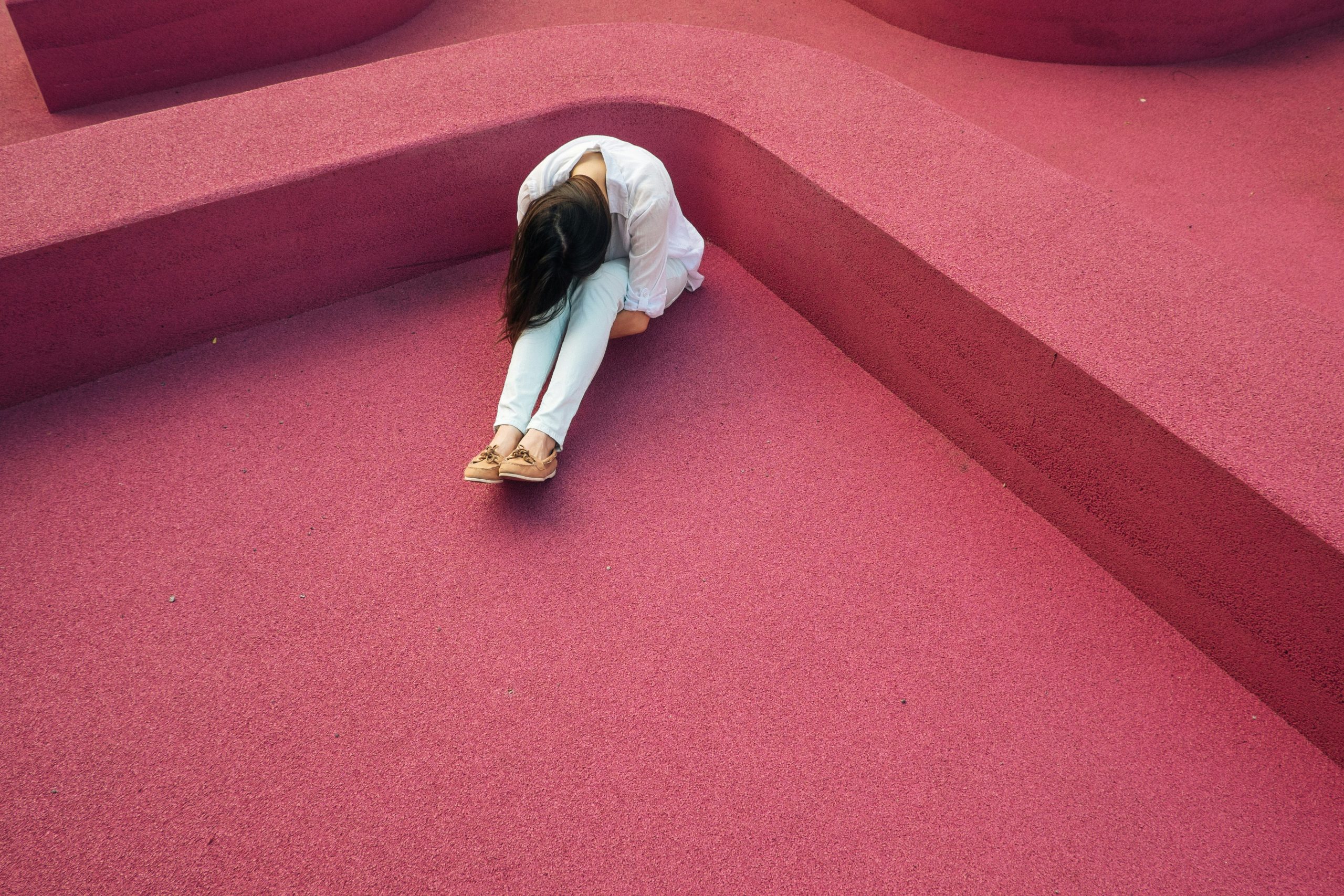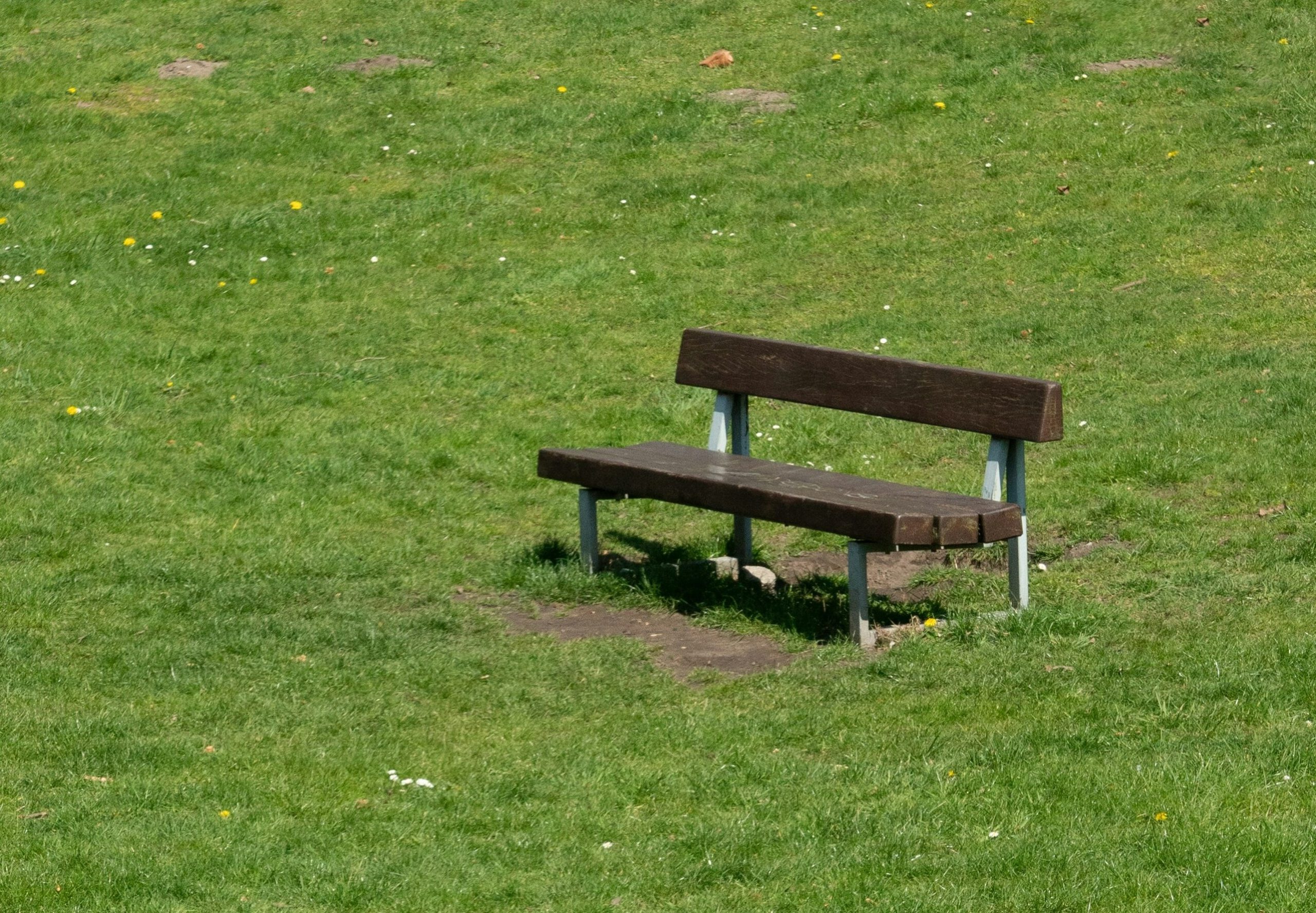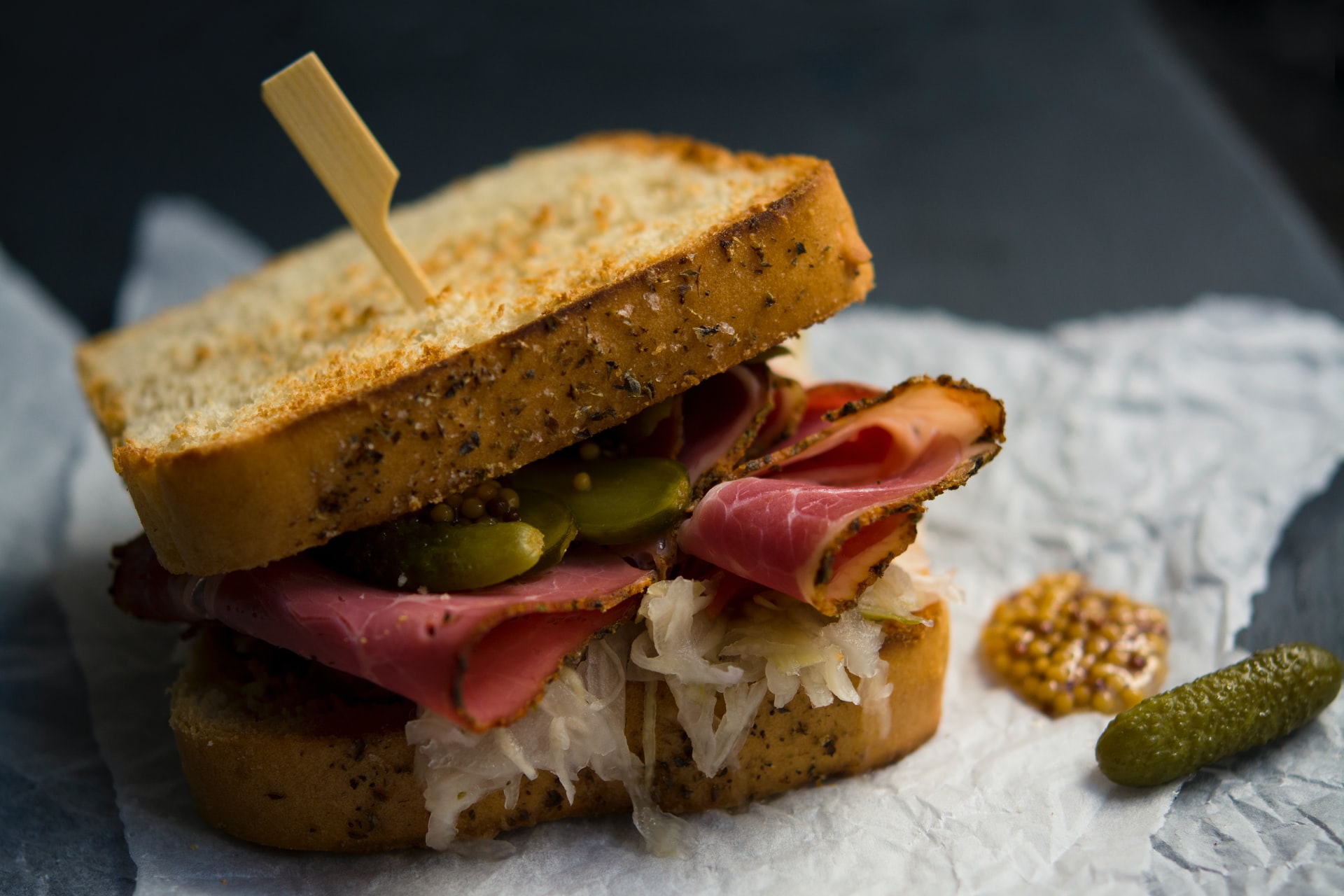
Reality Bytes: virtual therapy (Frankie Magazine)
If you’re not on TikTok, you’re missing out on more than just footage of a bat yawning (over 22 million likes, it’s super cute!). The platform is packed with content about mental health, from signs of disorders and ways of coping, to general solidarity about the anxieties and challenges we all face.
While there’s a lot to love about mental health topics going viral – for one, it’s normalising issues that were once kept in the dark – there are some downsides to this influx of content, too. You might start out nodding along as someone explains how their ADHD makes it hard to keep track of everyday tasks, then end up falling down a rabbit hole of conflicting advice. You could even end up incorrectly diagnosing yourself with a serious mental health condition that should be assessed by a practitioner.
Griffin Visca-Lias (aka @koxumee), an animation student based in Brisbane, has been on TikTok for four years, since they were 15. One of the first mental health-focused videos they recall watching was about dissociation. “A lot of people don’t have the money to go to a therapist and get a diagnosis, so they resort to the internet,” Griffin explains. “It can be easier to just watch a video – TikTok can be consumed in about 30 seconds, so you don’t have to go through the hassle of lots of searching.”
“Tik Tok therapy is a really tricky one for me as a therapist,” says Ellie Rose, a psychotherapist and counsellor from The Indigo Project. “I’m torn between the equal positive and negative impacts. Knowledge and discourse that has remained behind therapy doors is now free, accessible and easy to consume, which is awesome, because when done well it leads to lowered stigma and helpful information for people who may not be able to go to therapy.”
What concerns Ellie is the unregulated nature of TikTok and social media in general, where anyone can pose as an expert. “Technically, I could say I was a brain surgeon, give advice through some aesthetic videos and people could believe me and follow that advice, which is super worrying!” says Ellie.
It may not be rogue brain surgery vids, but last year, a study in the Canadian Journal of Psychiatry focused on the quality of ADHD (attention-deficit hyperactivity disorder) content on TikTok. Analysing the top 100 most popular videos about ADHD on the platform, the researchers found that more than half (52 per cent) of the videos contained misleading info, and (unsurprisingly) the majority of these were uploaded by non-healthcare providers. The researchers also noted that the videos were all highly digestible, which made their misleading content even more problematic.
Having researched cyberpsychology for over a decade, psychologist Jocelyn Brewer knows how much influence TikTok can have on its viewers. She says it’s important to think about the source of the information you’re consuming. “While lived experience is really valuable, it doesn’t trump professional training,” Jocelyn says.
And while a teen dancing in their bedroom while pointing out a list of symptoms doesn’t exactly scream “experienced mental healthcare professional”, other content can be harder to verify. How can you tell who is legit, and therefore who to trust? “Ask yourself, do they have a qualification in this area to be able to speak with some authority?” Jocelyn suggests. “Rather than taking things on a superficial level, consider where is the evidence. Ask yourself, ‘Does this sound right? Does this feel right? Is it too good to be true?’”
“An individual had a subjective experience which needs to be considered carefully and further explored and unpacked to be able to be understood from a diagnostic perspective,” says Jocelyn. “Many symptoms or traits of conditions overlap and there’s a large amount of comorbidity (co-occurrence) of different diagnoses. People rarely say that they aren’t a professional, points out Ellie, so if you check out their page and note a distinct lack of qualifications, consider it a red flag. “If it doesn’t say it on someone’s bio or their website, assume that they’re not a professional in this area and take their information with a huge grain of salt.”
“I’d like to say that I do take this content with a grain of salt, but honestly, when I find something that aligns with me, I can relate to that person’s experiences so I feel like I can believe them,” Griffin admits. “Obviously a professional knows what they’re talking about, but it feels more relevant coming from someone my age. Especially if they’ve now got that thing they’re talking about under control, then I’m more likely to listen.”
Lots of Ellie’s younger clients whip out their phones during counselling sessions to show her TikTok videos. Sometimes it’s to share a laugh, other times it’s to discuss a diagnosis they feel they resonate with. “I think this is the best way for someone to use this content – as a curious conversation starter with a professional to validate their experiences regardless of the diagnosis,” says Ellie.
It concerns her when people become convinced they have a certain disorder based solely on a video. “A lot goes into diagnoses and therapy treatment, including looking at the whole person,” says Ellie. “Seeking a diagnosis is important if you feel it will help you have some clarity, but make sure you find a supportive professional to go on that journey with you – not a TikTok creator.” Griffin knows that TikTok doesn’t take the place of therapy. “Of course, they [content creators] don’t know your personal experiences, so they can’t help you recognise these symptoms on a personal level,” Griffin says. “It’s good that TikTok has these recommended videos as they can help people, . Then again, that isn’t realistic in this day and age with the cost of living.”
TikTok’s biggest demographic is 10–19-year-olds, who, it’s safe to say, aren’t likely to be in a position to seek out or pay for therapy. “Affordability of mental health is a huge, ongoing issue, so I really empathise with people consuming TikTok therapy [content], because for a lot of us, it’s the only option – and that’s OK,” says Ellie. “It can still be really useful if content is created and consumed ethically and appropriately.”
Accessibility also plays a huge part in getting in to see a mental health expert. While there are more practitioners in metropolitan Australia than there are in regional areas, there are still long wait times wherever you’re based. The Australian Psychological Society reported in 2022 that 73.5 per cent of metro-based psychologists had a waiting list. While on hold, why not scroll through your phone and see what you can find that might help in the meantime? That’s if you do eventually get in – the same report stated that one in three psychologists were unable to take on new patients.
So what role can TikTok play if you don’t have other options? “I think there’s a role for self-identification of neurodivergence,” says Jocelyn. It’s likely you’ve seen content related to neurodiversity, whether it be ADHD, ASD (autism spectrum disorder), dyslexia or Tourette’s syndrome, to name just a few. “Self-identifying can be really empowering, especially because of the wait queues and all the problems of diagnosis.”
These problems include the cost of getting a diagnosis – seeing a specialist in the first place – with news emerging earlier in the year of some dodgy ADHD clinics charging $3,000 for patients to jump the queue. “Diagnosis is a starting point perhaps, but it won’t actually solve the issue or help you manage the behaviour,” says Jocelyn. “Understanding how the symptoms and traits play out in your life and having cognitive tools to support you with these still need to be implemented and practiced. [And] we don’t want to conflate diagnosis with functional impairment – having a condition or diagnosis doesn’t necessarily act as an impediment.”
However, Jocelyn points out that getting an official diagnosis from a medical professional can be crucial when it comes to seeking medication options and/or this official diagnosis is required at work or school to access support. “I love TikTok; I think it’s a really good entry point,” Jocelyn continues. “But people need to know when to jump out of TikTok and into more official, holistic, fact-checked information about significant, life-long diagnoses so that they can actually access the help they deserve.”
Feel-good vibes or toxic positivity?
If you’re consuming a lot mental health content on TikTok, Instagram or other social platforms, you’ll probably run into some pithy memes, quotes and vids that will have you believe that switching on a positive mindset is as easy as brushing your teeth. While this content might feel good at first, it can leave you feeling gross in the long run when life happens and you realise it’s not that easy to be #goodvibesonly. Welcome to toxic positivity, the lite version of the way more legit positive psychology.
“Positive psychology can be awesome when it’s done by a professional, but it’s rooted in validating the not-so-positive experiences too,” Ellie explains. “Generally speaking, stay away from anything affirmation-based that only creates ‘positive thinking’ without addressing the struggles you’re having.”
First published in Frankie Feel-Good Magazine Volume 3, July 2023.


